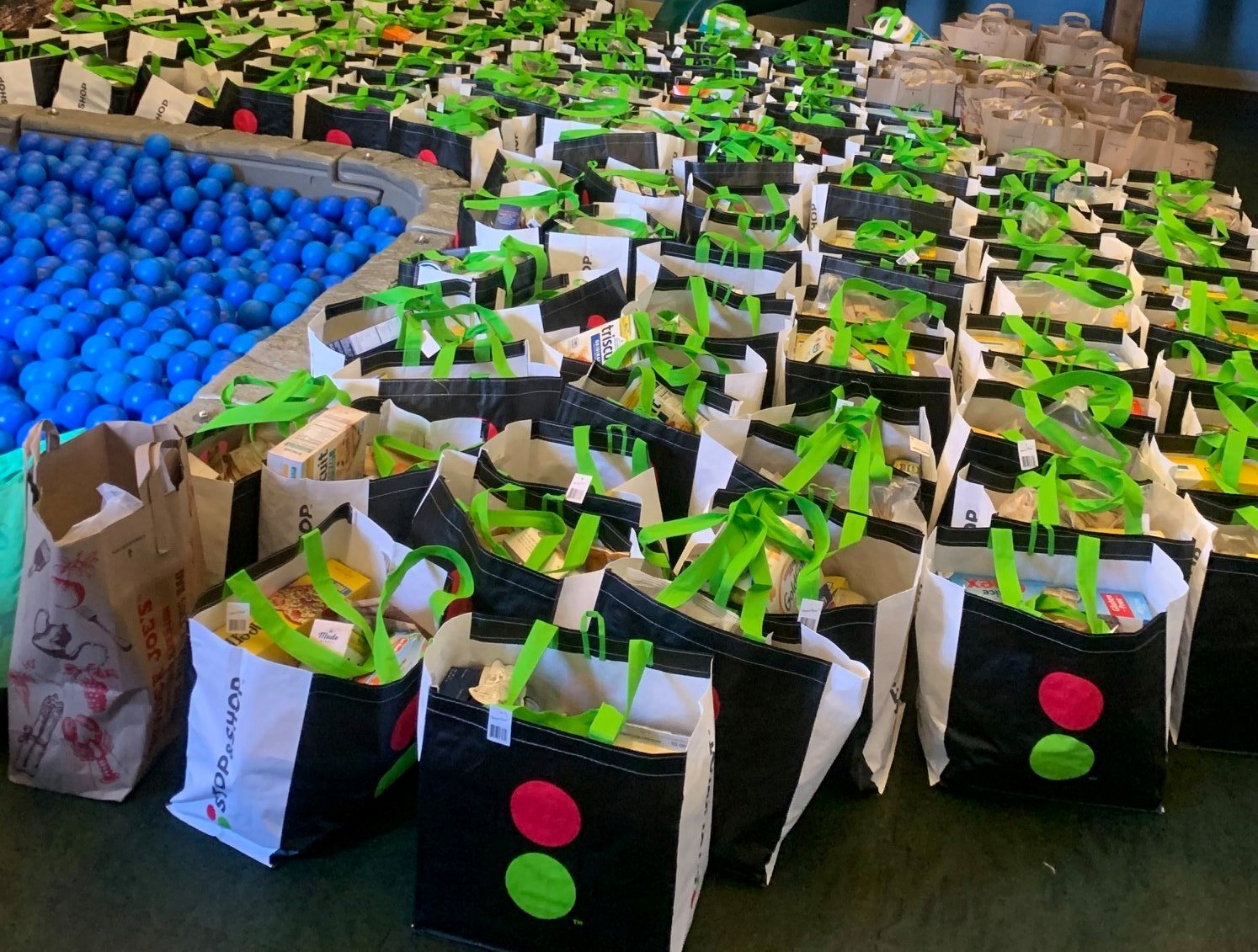Last week’s blizzard, with record snow totals and cold temperatures, reminds us of our good fortune to have a warm home and well-stocked kitchen. Despite the significant disruption of COVID-19, for many of us, our “new normal” is still filled with a sense of security. Yet, for others, COVID-19 has forever changed their lives, and they struggle to find basic needs, especially food. These issues are even more predominant for the most vulnerable, many of whom are undocumented and therefore unable to access public assistance programs.
Recent Statewide data shows a significant uptick in food insecurity, with enrollment in programs such as SNAP (Supplemental Nutrition Assistance Program) increasing since the onset of the pandemic, up 30.4% from November 2019 to November 2021.¹ Many of these households have children. In fact, in December 2021, a staggering 21.4% of Massachusetts households with children were food insecure.² Black, Indigenous, and People of Color were significantly more affected by the pandemic than White households. In the last six months (July 2021–December 2021), 1 in 9 (11.9%) White households with children compared to more than 1 in 3 Black households with children and 1 in 4 Latino/a households with children were food insecure.³
Since the onset of the pandemic, thanks to the generosity of those who support the SouthCoast Emergency Response Fund, the Community Foundation has contributed over $2 million to combat these Statewide trends. In 2022, through a partnership with the Massachusetts Department of Housing and Community Development, the Community Foundation will grant another $2.9 million from the CARES Act Community Development Block Grant (CDBG). This Food Security grant will enable nonprofits to support individuals and households throughout our region experiencing food insecurities because of COVID-19 through food networks, meals programs, farm to pantry programs, and supporting organizations that package meals for low-income, historically underserved communities and non-English speaking populations.
Through this effort, organizations that have been on the frontlines of food insecurity and who work in communities most affected by the pandemic will have more resources to build the infrastructure of our food system. As a result, we can look forward to food networks that are stronger, more efficient, and resilient in providing good, healthy, and fresh food to our region. This requires innovative thinking and teams of people coming together in neighborhoods, cities, and across our region to collaborate on investing in our future. These efforts will combat the current food access shortage brought on by COVID-19 and better prepare us for when the next crisis threatens the integrity of our food system.
Please reach out to us if you would like to learn more about addressing this economic opportunity and if your philanthropic interests align with food security and immigrant support. We would appreciate the opportunity to partner with you.
